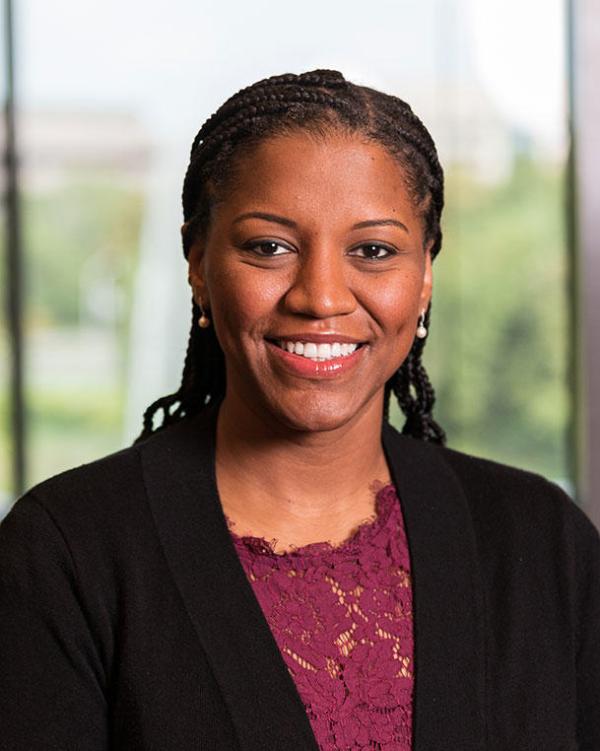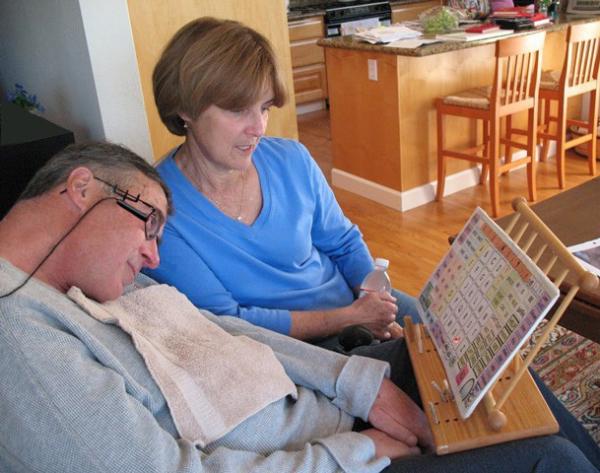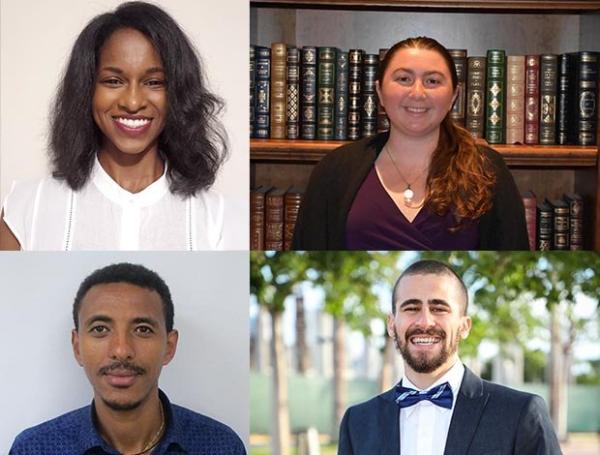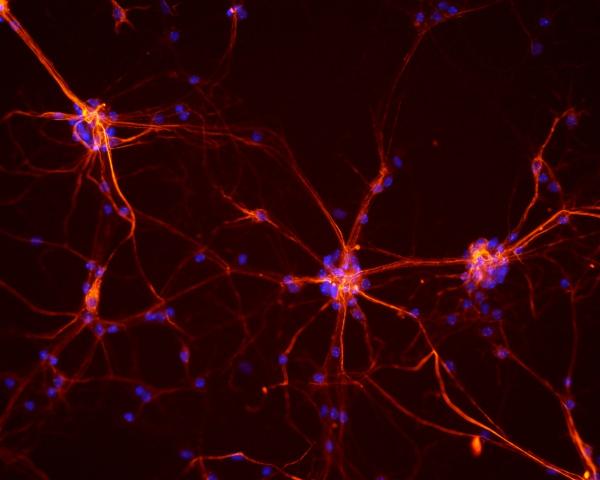Dysfunction in Janitorial Gene Contributes to ALS
IRP Study Points to Treatment Target for Fatal Neurological Disorder
Just like we throw out our busted toasters and other appliances, our cells must continuously dispose of malfunctioning equipment to keep themselves working optimally. In certain neurological diseases, though, neurons die because they can’t get rid of misbehaving molecules. New IRP research provides crucial insights into a key player in this process, suggesting that restoring the function of a particular gene or boosting the levels of the enzyme it produces could help patients with the devastating disease known as amyotrophic lateral sclerosis (ALS).






